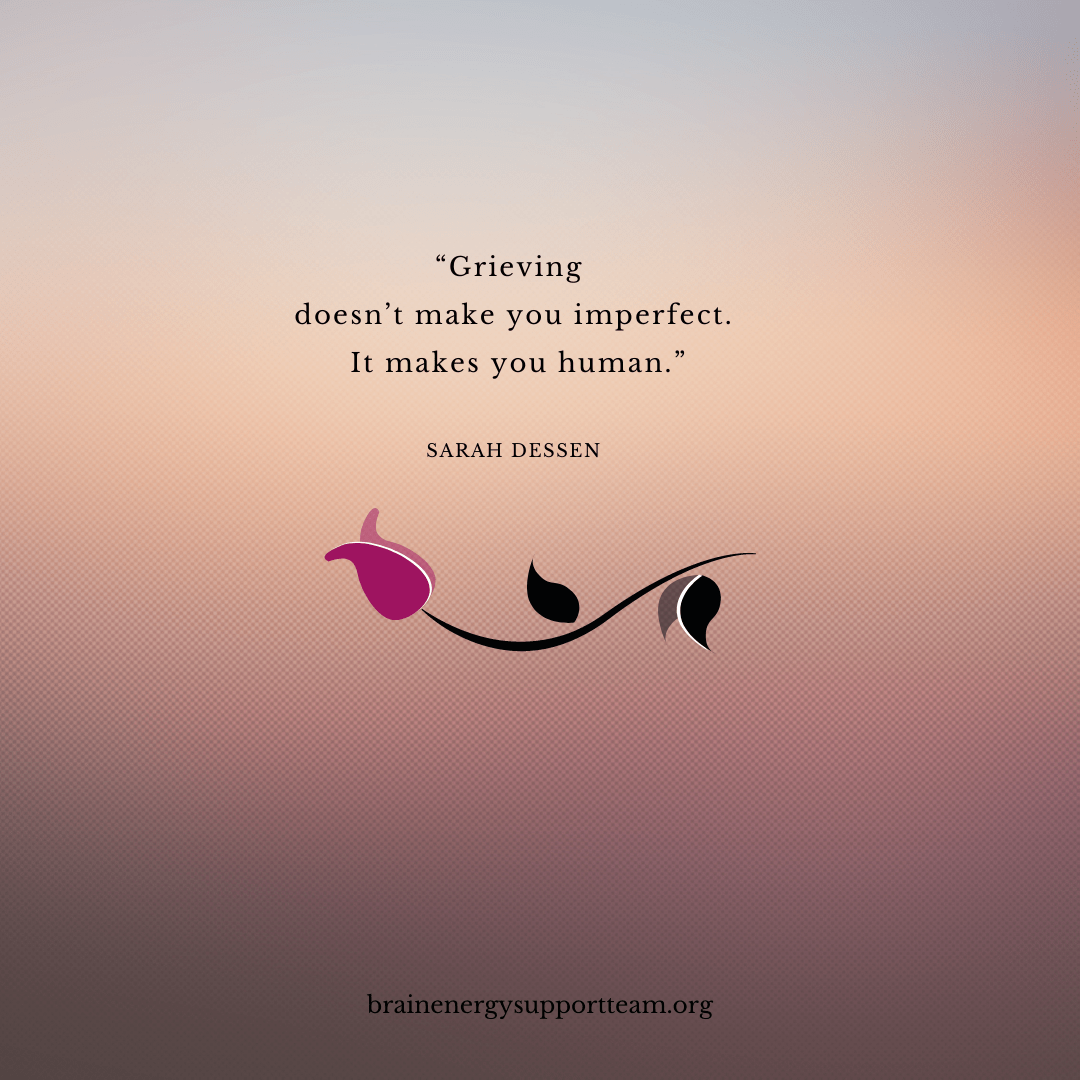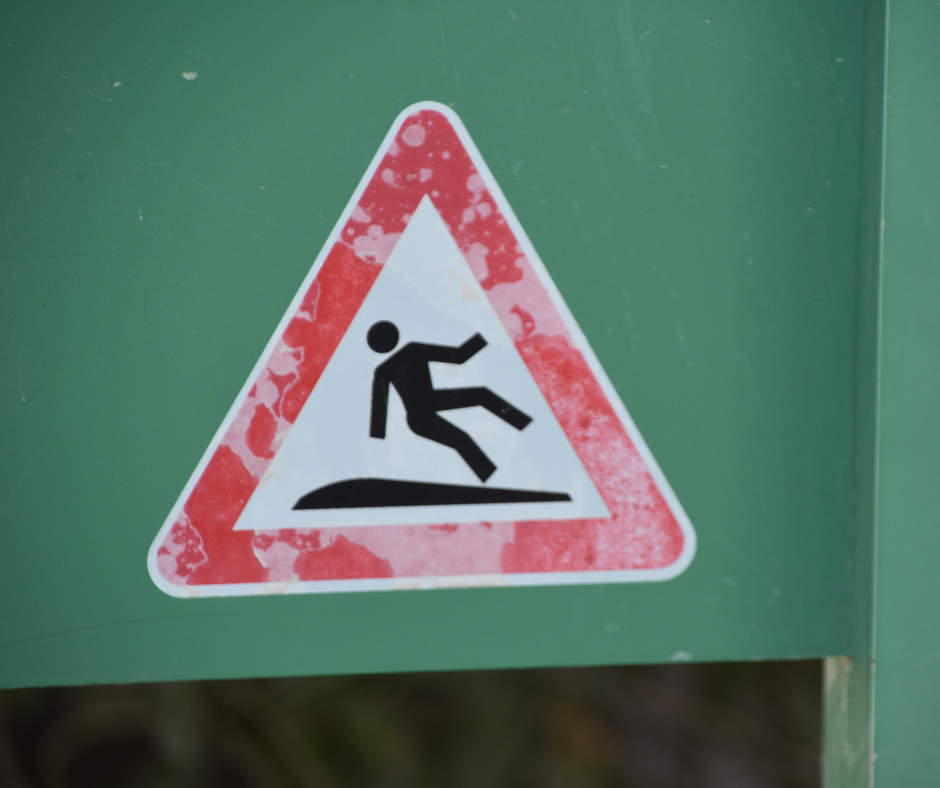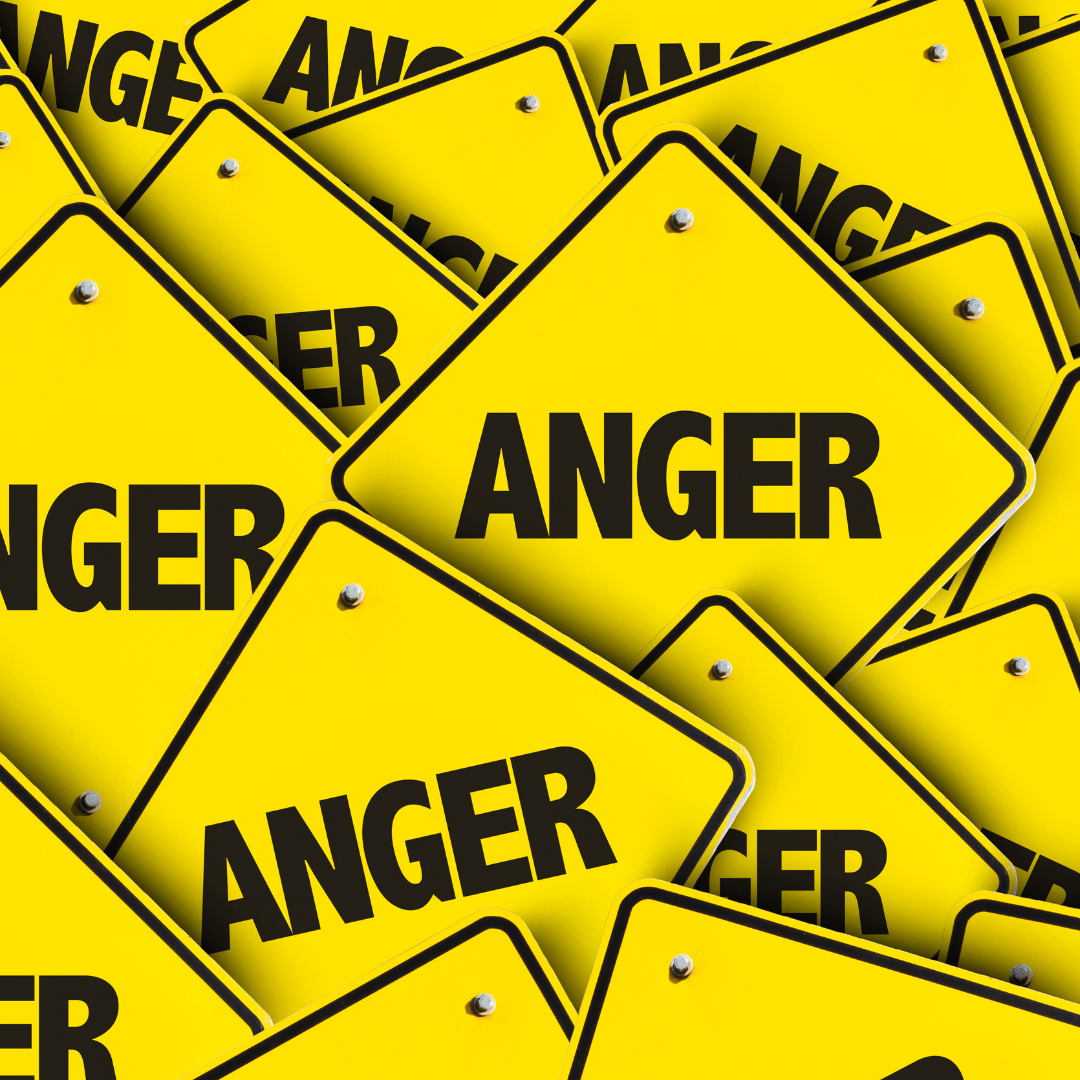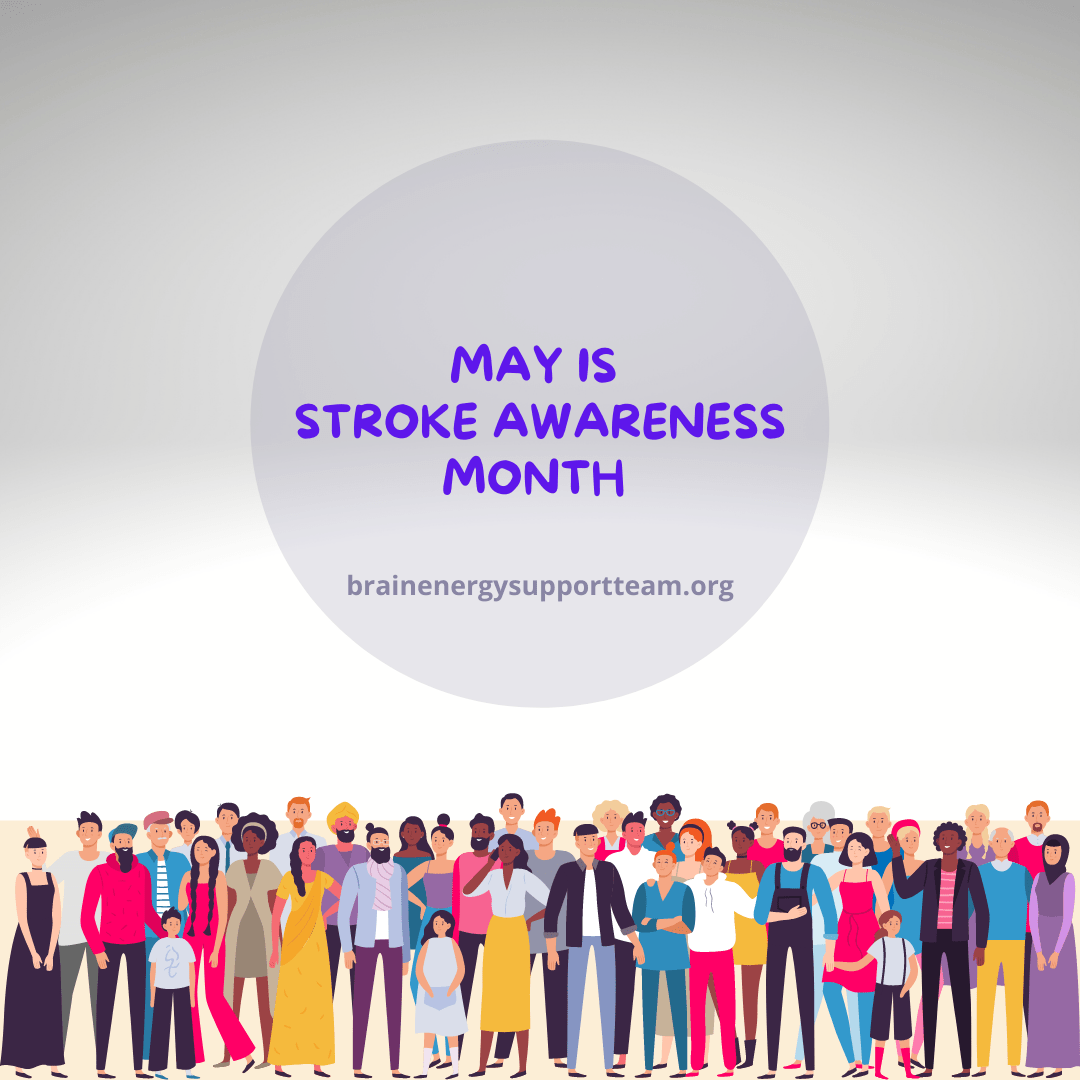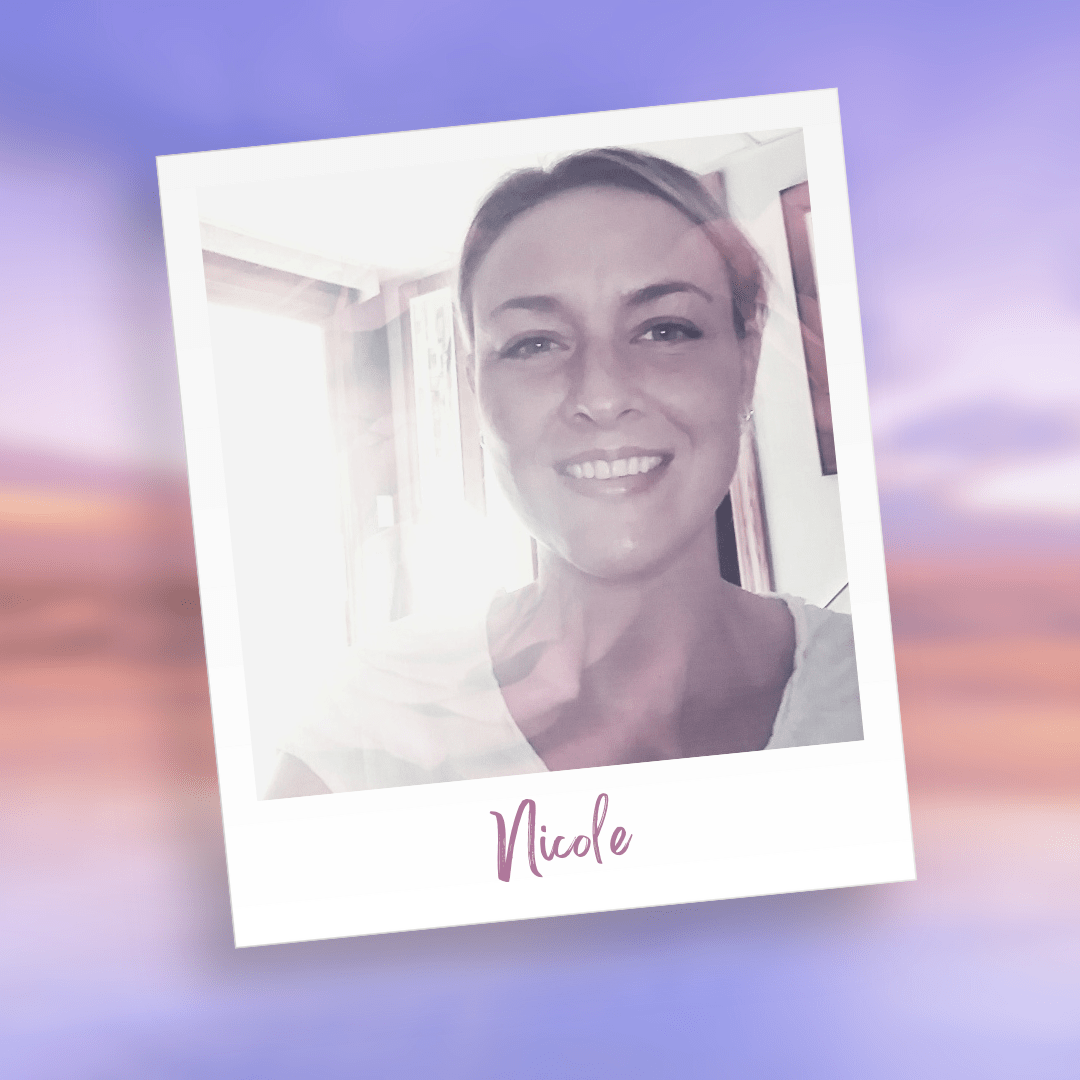(Editor’s Note: Writer, BEST guest blog contributor and brain injury survivor, Isaac Peterson, shares his personal coping strategies for dealing with brain injury in this comprehensive personal essay. KT)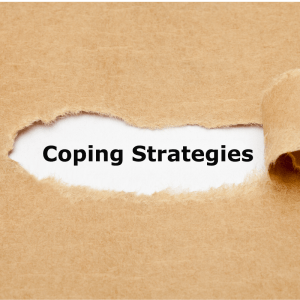
Since no two brain injuries are alike, I’ll share some coping with strategies in general terms.
One of the most important things you can do to help yourself recover is to be open with your family and friends. Let the people you care about most, and who care about you, know what’s happened, how you’re feeling, and what you need.
Most people don’t know or understand what having a brain injury is like, so they can’t know unless you tell them. Family and friends are great support for those times when you feel worthless or helpless.
You may have those feelings while you are trying to adjust to your new normal. Some of those feelings can come from comparing the new you to the old one–the person you were before your brain injury.
My advice on comparing the new you to the old you is simple: don’t. There will undoubtedly be things you could do before but can’t do now, or things you can’t do as well as before. Don’t dwell on what you can’t do any more–focus on what you can do now. Always work to do those things better and better, and gradually work your way back to doing what you could before.
If you’re like a lot of traumatic brain injury (TBI) survivors, you’ve got less energy and different sleep patterns, coupled along with constant sleepiness.
That’s only natural; sleeping is the way your brain works to heal itself.
And if you’re like me you may even notice that at certain times of day you have less energy and may need to take time out for a nap; my low energy time of day is early afternoon. I’ve also had trouble sleeping at times. Prescriptions can really gum up the works—one of mine causes drowsiness and another causes insomnia.
What to do?
Two things that have worked for me with the down times is to try to set a daily routine where I’m not doing much of anything in the middle of the day. I recommend you set a routine that works for you and hold to it as much as possible. For the times I have trouble sleeping at night, taking a couple of Benadryl tablets when I go to bed helps me get to sleep. Benadryl doesn’t have nasty side effects like other sleep aids (check with a medical professional for possibilities that may work for you).
Every day things you could do without even thinking can be pretty hard to do now. You’ll need to come up with workarounds, alternate ways to get done what you need to get done. My brain injury made bending down to tie my shoes a real ordeal sometimes, but somehow I managed it. A simple thing like being able to tie my shoes was a major personal victory–that may seem like a silly thing to people, but those people usually aren’t people who’ve had a traumatic brain injury. Don’t let that get to you.
What I hope you’ll do is to celebrate every victory, no matter how small. Even tying your shoes again is a victory. Try to experience the joy and sense of accomplishment you experienced when you first learned to tie your shoes. Try to do that with every positive step you take and celebrate it.
Set yourself up to experience a series of small victories–make winning a habit. You can set yourself up to master small but manageable tasks—but make sure they are things you can manage to overcome in your present state.
As you master more and more of these tasks and keep winning, winning will become a habit. Make winning and keeping a positive outlook part of your new normal. But if you don’t meet your goal, don’t beat yourself up or quit. It’s not failure, it’s a way to get a better handle on what you need to work on and get better at. You’re not a failure until you give up. Just start again, be patient and keep going.
Try not to dwell on things you can’t do. Look at them as things you haven’t done yet.
One thing that will help is including exercise in your routine. Going out walking is an activity is something that’s been huge in my recovery. Exercise will help keep your body in better shape, and the better shape you’re in the better foundation you have to recover from your injury. And of course, a good diet can help with that. I recommend a heart healthy diet.
I can’t emphasize the value of patience enough. One thing that may try yours is the responses of other people who have never lived in your world. A traumatic brain injury, unlike a broken leg, is an injury that’s invisible to other people.
People will feel free to give you unsolicited advice. You may hear things like, you’re just looking for attention; get over it, it’s all just your imagination or if you’d just stop thinking about it, it will go away, and all sorts of comments that only show you how little these people understand or can relate.
I can’t really tell you how to cope with that kind of thing; all I can really advise is to try to patiently explain to that person. Encourage them to ask questions so it becomes an opportunity for that person to learn.
Having a brain injury doesn’t mean you can’t ever have any fun. As much as you’re able, keep doing the things you used to do for fun. As you move forward, you might actually redefine what fun means—you’ll want to have as much fun as you can, so be sure to include some fun time into your daily routine.
Keeping a positive attitude is key. I know it’s hard to do and I can’t tell you how to do it. Keeping busy when you can and doing things you enjoy will help. Surrounding yourself with positive, supportive people will help. Your loved ones can help, and joining a support group can go a long way. Being around people who are going through what you’re going through and can tell you how they cope with their own traumatic brain injury is huge.
There’s so much to learn and remember—I could spend the rest of the day telling you what I’ve learned.
And since every brain injury is different it’s hard to tell you exactly what can help. I’ve tried to cover some of the things that apply to most people with brain injuries.
One thing I can tell you with complete confidence, though, is simple: Your life definitely isn’t over; it gets better. Just give it time and don’t give up.
Click here for a catalog of more essays and articles from Isaac Peterson.
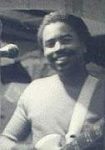
Isaac Peterson grew up on an Air Force base near Cheyenne, Wyoming. After graduating from the University of Wyoming, he embarked on a career as an award-winning investigative journalist and as a semi-professional musician in the Twin Cities, the place he called home on and off for 35 years. He also doesn’t mind it at all if someone offers to pick up his restaurant tab. Peterson also welcomes reader comments. Email him at isaac3rd@gmail.com.

